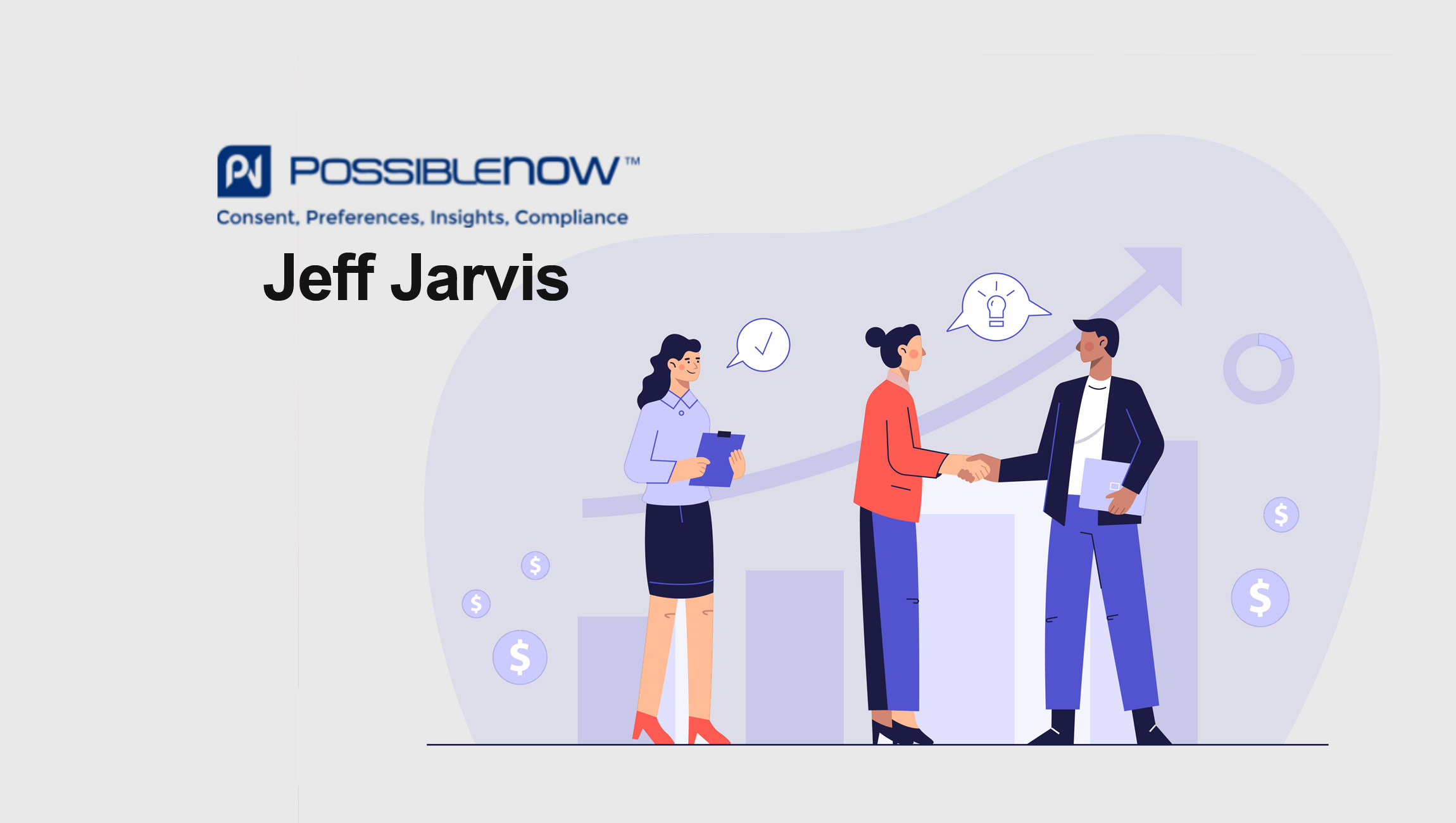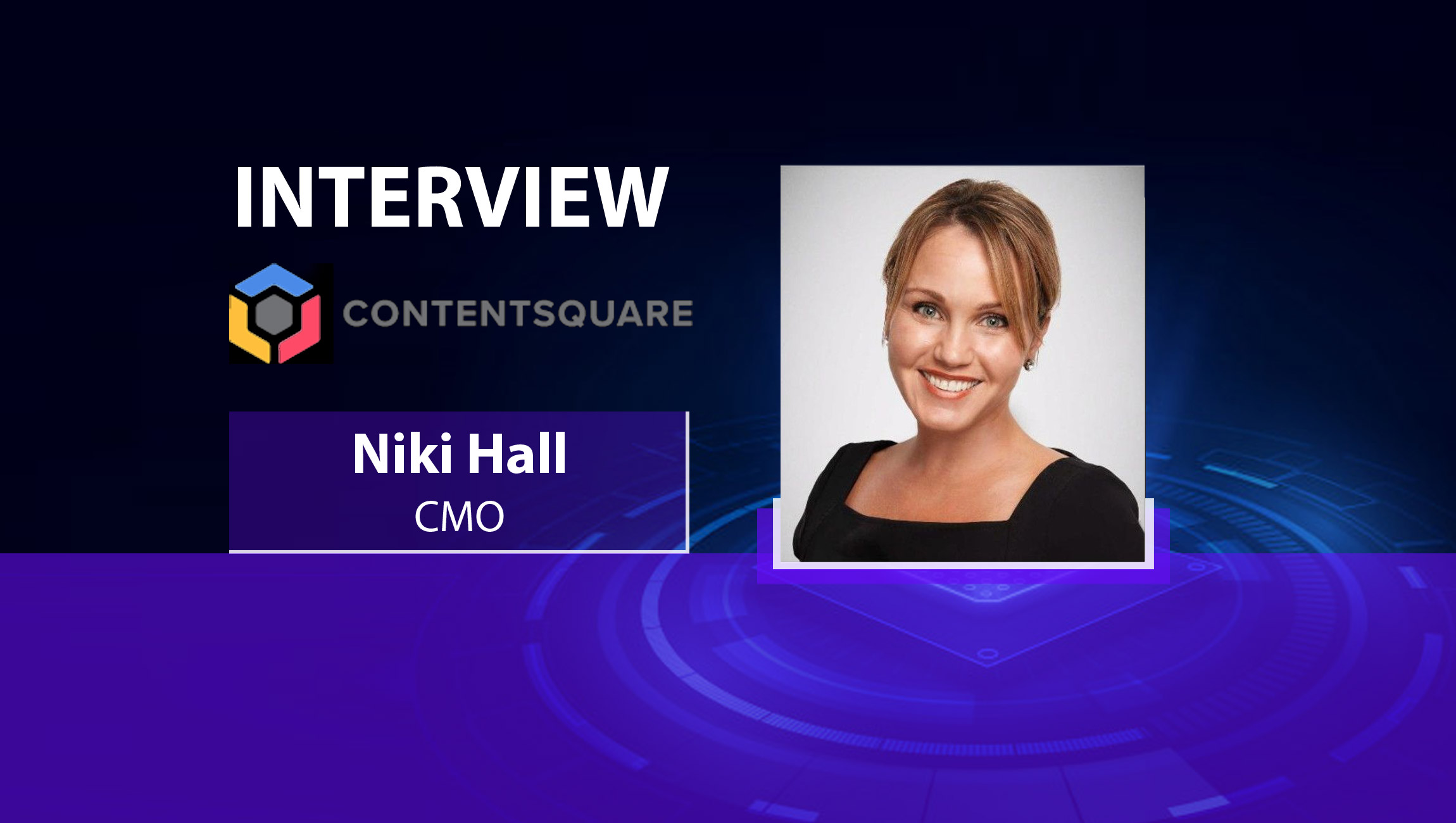Consumers have a greater voice today, powered by a plethora of information sources and boundless opportunities to voice their opinion on social media. As a result, modern businesses and their marketing arms are aware they need more customer-centric approaches that foster more direct relationships through engagement and personalized experiences.
Marketing Technology News: MarTech Interview With Nitzan Shaer, Co-Founder And CEO At WEVO
To accomplish this, businesses need a more direct pathway and visibility into every individual customer’s behaviors, needs, and preferences. Organizations have habitually relied on third-party data to reach their customers, but changing regulations and the realization that this type of data cannot provide the stable insight into personalized preferences has left businesses looking for new and better options.
Businesses are now creating strategies to collect this personalized data through direct interactions with their customers, known as zero-party data or explicit first-party data. Resulting from this, the process will end in greater trust between the customer and business and will foster more longer-lasting, mutually beneficial relationships.
Customers are willing and able to share personalized data with companies they trust
Over the years, businesses preferred the use of third-party data because they thought it was a more expedient and efficient way to reach consumers. Nonetheless, consumers have demonstrated their willingness to provide personal information with businesses they deem trustworthy. This implies that trust has become a leading business strategy for today’s modern businesses.
Companies that build a distinct line of trust with their customers will be able to collect highly personalized, unique information on each customer, and will build their own datasets for each customer – rendering their old third-party datasets useless or at best secondary to zero-party data. These modern businesses will quickly realize they have a distinct competitive advantage within the markets they serve.
Companies can be their own worst enemy
There are a small number of reasons why this shift is taking place. As a result of numerous data breaches that have plagued businesses of every size, customers have become worried of the way in which companies use and mishandle their personal data. This has led to stricter regulations, such as the EU’s GDPR, California’s CCPA and many more, that impact how businesses are able to use their customers’ data. Many top companies are now taking measures to change the way in which customer data can be collected, utilized and shared.
This has resulted in big changes in data privacy, a byproduct of which includes, companies building more personalized relationships with their customers in the name of trust.
What is zero-party data and how can companies collect this info
Notably driven by today’s e-commerce and mobile device landscape, the most important data a modern marketer or business can have comes right from customers themselves. Personalized information shared directly from a customer to an organization is referred to as “Zero-Party” data.
Zero-party data is decidedly personalized insight a customer intentionally, directly, and proactively provides to a brand because they have built a level of trust with that company. This personalized insight can include preferences, insights, profile data or consents, and how the customer wants the business to engage them.
Marketing Technology News: MarTech Interview With Yaroslav Kholod, Director Of Programmatic Operations, Admixer
What does the customer get out of this?
Why are customers willing to share such personal and private details with companies? Because it results in a better, more personalized experience with a brand. Think of a beauty products maker that can send emails, texts, and promotions that speak straight to the unique needs of a customer who has specific allergic sensitivities to his or her skin. These types of modern marketing promotions clarify to the customer that the company is listening to their needs, and in return that customer will show a stronger level of engagement to the marketing messages. Like a snowball tumbling downhill, once this company can demonstrate they are truly listening to this customer’s unique needs, the customer builds trust with the company and is willing to continue sharing even more of their data over time.
Customers become happier because the brand is doing a much better job of meeting their needs, and they reward the brand with loyalty, advocacy, and bigger purchases. Each time there is a successful data-value exchange between the business and customer, it positively reinforces the relationship and strengthens customer trust which increases their propensity to share more data, and the cycle continues.
These newer brands recognize the powerful voice customers now have today. They also recognize the quickly changing regulatory environment and are rapidly adapting to the new ways of customer engagement through trust and personalization. These modern brands will take a leadership position – no matter how big or small their company – and shape the way whole omnichannel-driven industries operate in the future.
Marketing Technology News: MarTech Interview With Vivek Sharma, Co-Founder And CEO Of Movable Ink











